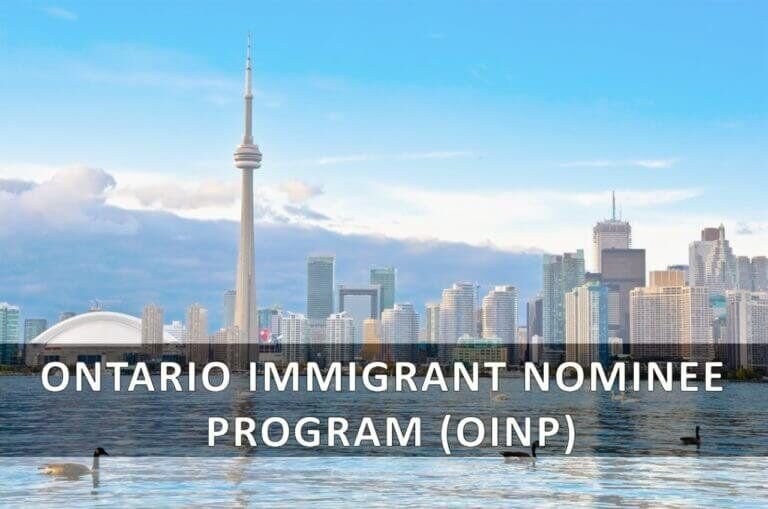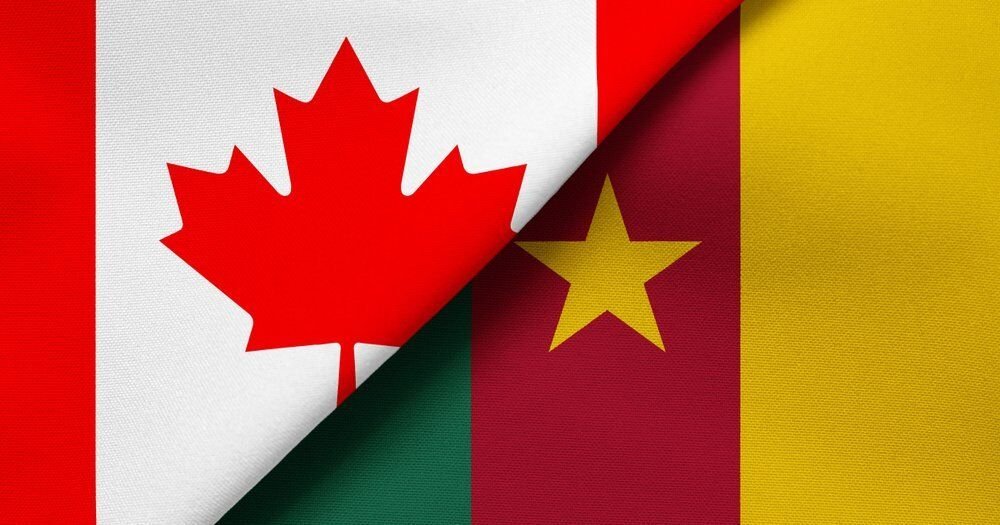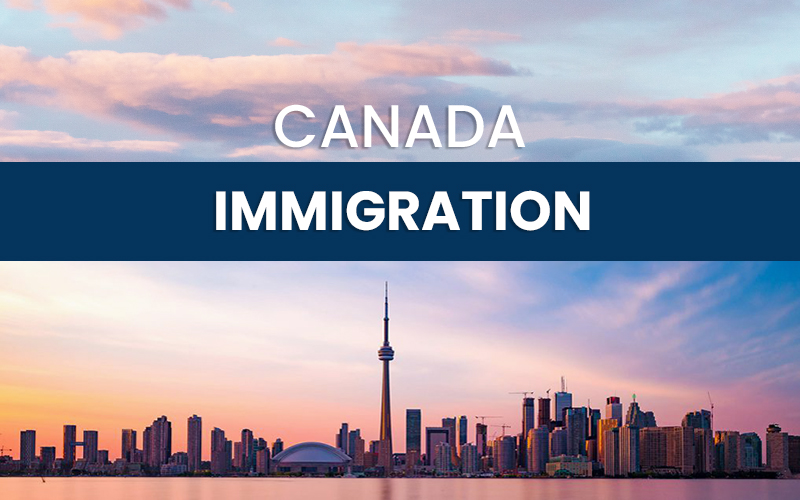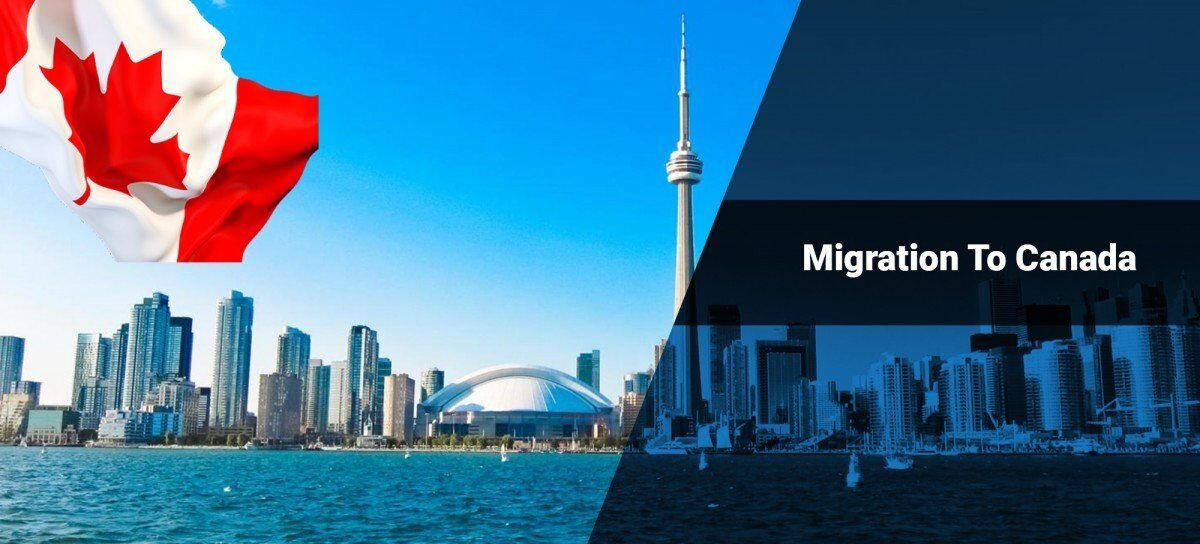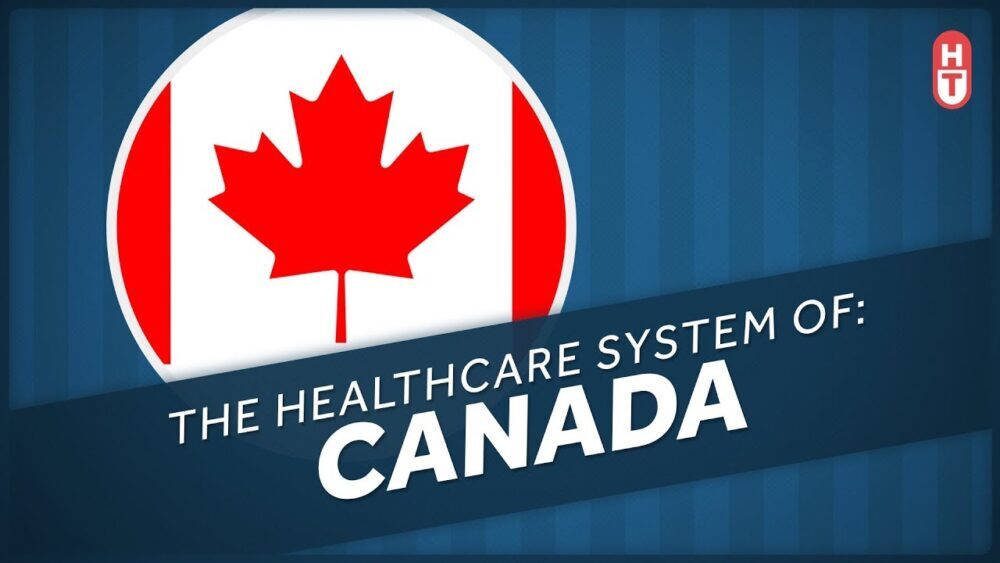- November 27, 2022
- Admin
- 0
When you move to Canada, you’ll need to do many things: open a bank account, get a driver’s license and figure out where to live. But one thing that can be tricky for newcomers is health insurance. You may not have been required to have this kind of coverage in your home country, but it’s essential here — especially if you want access to public healthcare.
Suppose you don’t already have health insurance from back home. In that case, there are plenty of options available in Canada, including private plans (excellent for people who want more choice or lower premiums) or government-funded ones (which are great for those on a tight budget). Here’s everything you need to know about getting covered in Canada:
Table of Contents
ToggleWhere to begin?
First, you should get a general overview of the health insurance landscape in Canada. You can see what types of plans are available and what they cover. This way, you’ll know where to begin your search for the best coverage for your needs. There are many different options for health insurance in Canada—public and private, as well as various levels of coverage—so knowing exactly what each plan offers is vital before deciding which one is best for you.
What insurance do I need when I get to Canada?
You will need to get your health insurance sorted out when you arrive in Canada.
- If you are a permanent resident – You will have access to public health care and do not need an additional plan unless you have pre-existing conditions that would prevent coverage under the provincial or federal drug plans (such as high cholesterol or asthma).
- If you are a temporary resident – You may be eligible for the Interim Federal Health Program (IFHP), which covers urgent, but not chronic, care costs incurred before becoming eligible for provincial coverage. This program is only available within Canada, so if leaving the country, it is essential to purchasing a private plan before departure so that any hospital bills incurred during travel can be covered by your provider back home.
- If visiting from another country – Temporary plans can help cover any unforeseen medical expenses while visiting Canada, but these plans cannot cover pre-existing conditions or long-term treatments such as chemotherapy which may require more extended term care outside of tourist season dates; this means individuals without provincially funded drug benefits will be required to purchase private insurance through one of our approved partners until their return home.
How do I apply for health insurance in Canada?
When you move to Canada, the first thing to do is find out your health insurance coverage. The easiest way is to contact your province’s ministry of health or equivalent department. You can also call them if you want to know more about the details of your coverage.
The people at these offices are experts in their field and will be happy to help answer any questions. Just remember that they’re not always open on weekends or holidays!
Once you know what kind of plan fits your needs, it’s time to apply for insurance coverage in Canada. These applications typically take several weeks or months before they’re approved unless there are extenuating circumstances like an illness or injury requiring urgent treatment without waiting for approval from authorities first (this would only happen rarely). Once approved, most newcomers should expect monthly premiums ranging from $0 to $500 depending upon age group (among other factors).
While waiting for approval, though, don’t forget about travelling outside of Canada—if so needed, then make sure those trips don’t affect any terms & conditions set forth within each person’s contract agreement since different rules may apply depending upon where one travels too far away from home base I e rural vs. urban areas, etc.
Can I buy health insurance online?
Yes, you can buy health insurance online.
You can also buy health insurance in person at an insurance office or over the phone.
There are no significant differences between buying it online and buying it in person at an insurance office, except that you save time by not having to go anywhere. Also, suppose there’s anything wrong with your application due to human error (or any other reason). In that case, it’s easier for the company to correct these mistakes when they have all your information.
What is a health benefits card?
A health benefits card is a card that contains your insurance information and can be used to access medical care in Canada. You may have heard of this as an interim Ontario Health Insurance Plan (OHIP) Card. If you’re new to Canada, you can use the card to get prescription drugs, medical supplies, or dental care. It will also help if you need medical attention while waiting for your permanent residency application or Canadian citizenship process to be completed.
Do I get travel insurance when I fly to Canada?
When you fly to Canada, you need travel medical insurance. It works because if you get sick or injured while in Canada, your coverage will pay for your medical care up to the policy’s limits. This can be very helpful if you have an accident or get sick while travelling in Canada and need care at a hospital or urgent care clinic.
However, not all health insurance plans include travel medical insurance as part of their coverage options. Suppose you don’t have travel medical insurance from another source (like an employer or union plan). In that case, there are some steps that you should take when applying for private health insurance in Canada so that when it comes time for your trip here, everything goes smoothly and without any unexpected expenses!
Where can I find more information about Canadian health insurance?
If you’re new to Canada and don’t know where to start, here are some resources that should help:
- Contact your province’s health care plan. Each section has a government-run program that provides basic coverage for people who aren’t covered by their employer or other private plans. The site HealthCare BC is an excellent place to start if you live in British Columbia.
- Contact your employer about insurance options. If you have a job with benefits, there’s a good chance they’ll offer some health insurance program as part of their employee benefits package—but whether or not it’s right for you will depend on things like how many hours per week you work and what kind of work environment it is (lots of stress equals more expensive premiums). Please research the different types of coverage available through this route. Then, talk directly with whoever handles these things at work so they can point out any potential pitfalls before signing on the dotted line!
- Talk with an agent about getting individual coverage outside the workplace (if necessary). Getting personal coverage instead of group coverage can save money if there are multiple members within one household wanting separate policies (for example, parents paying separately rather than having all children covered under one family plan), but only if those individuals qualify based on pre-existing conditions such as diabetes or asthma that require regular medication use.”
Health insurance is essential for newcomers coming to Canada.
Health insurance is a must for newcomers coming to Canada.
Health insurance is not a luxury, and it’s not something you can put off until later. It’s essential for your family’s health and well-being, especially if they are sick or have pre-existing conditions. Having health coverage will ensure that you don’t have to worry about the cost of getting treatment right away when you arrive in Canada.
Having reliable coverage also means you won’t be in debt after paying hospital bills out of pocket while waiting for your coverage to kick in—or worse yet, facing financial ruin with mounting medical costs and missed payments on loans or credit cards.
What each plan covers and doesn't cover.
When considering health insurance, it is essential to understand the differences between plans and what they cover. Health insurance is a contract between the insurer and the insured. The insurer agrees to pay for certain medical expenses if you get sick or injured, and you agree to pay premiums for this coverage.
It would be best if you ask your insurer about the following:
- What each plan covers and doesn’t cover
- How much of your doctor bills will be covered?
- Does it have any exclusions? For example, does your policy exclude hospital stays over 48 hours? If so, how will this affect my recovery time?
What your monthly premiums will be?
Now that you know how to get the best health insurance plan, let’s talk about your monthly premiums. In Canada, we use a system called tiered pricing. Your monthly payment will vary based on your family size and income.
Premiums start at $0/month for Single and Married Individuals with no children under 25 years old (free). If you’re between 25 and 49 years old, premiums range anywhere from $50-$150/month, depending on your province of residence and income level. Couples with children can expect to pay anywhere from $50 to $200/per month, depending on their location in Canada. The best part is that these payments are tax deductible!
How to travel outside of Canada is handled in the coverage.
The primary health insurance plan does not cover Canadians who travel outside Canada. You’ll need to buy travel insurance separately if you want coverage while travelling outside of your country. The type of travel insurance coverage that’s right for you depends on how often and where you’re planning on going, but there are a few good options to consider:
- Some plans will provide full medical coverage for trips to the United States and Mexico. This is an especially great option if you live near a border or spend significant time in one of these countries.
- Other plans include limited coverage for trips outside North America (including Mexico). These policies also have annual caps on how much they’ll reimburse per policy period, so it might be worth looking into this option if all other factors seem favourable.
How long can you expect it to take to get approval for coverage?
How long it takes to get coverage will depend on the province you live in. Some areas have shorter wait times than others, but it’s not uncommon for it to take up to a month (and sometimes longer) before your application is approved.
When applying for coverage, it’s essential to know that every province has its rules. For example, Alberta requires everyone who uses to have a healthcare number, while Ontario doesn’t need one.
Your family’s health needs will evolve.
As your family grows, so will your health needs. A newborn might need only basic coverage, but their needs may change as they grow into a toddler and then teen. The same is true for you! You may need more or less coverage as you age.
If your family’s situation changes dramatically—like if one parent dies or a child becomes chronically ill—you’ll want to consider changing your insurance plan accordingly so that all of your needs are met appropriately by the time tragedy strikes.
You want your insurer to be easy to contact and get answers from, whether online or on the phone.
- Do you have a question about your coverage?
- Will you get an answer quickly?
- Is someone going to help me in my language and in the best way for me?
To be a great insurance company, you need to be easy to reach and quick to respond. Your customers shouldn’t have to wait days or even weeks for an answer from you—if they do, chances are good that they’ll go elsewhere.
If you’ve just moved to Canada, you may have questions about how to apply for health insurance.
If you’ve just moved to Canada, you may have questions about how to apply for health insurance. We’ll walk you through the steps of applying for your coverage and answer common questions along the way.
First things first: What happens if I don’t have health insurance?
If you don’t already have a plan covering medical expenses in Canada, what? First off—don’t panic! You can always apply for coverage right away. Even if it’s hard to find out if something is covered by your old plan until after it’s too late (like if one of your kids gets sick at school), options are still available. The most common is paying for treatment out of pocket when needed until becoming eligible for provincial or territorial plans two months after moving within Canada (or three months after moving from another country).
You might think this sounds pretty expensive—and it definitely could be! Luckily though, some provinces offer unique services designed specifically for newcomers like themselves who are facing financial challenges due to their new circumstances here in Canada; these services include:
The best health plan for you relies on many personal factors, such as your family’s needs, your budget, and where you live (programs vary by province), so make sure to inquire about these details before deciding.
You’ll want to ask about your family’s needs. Especially if you have children and other dependents, the plan you choose should consider what sort of care they need and how often. For example, if your child has asthma or other allergies requiring regular check-ups at a specialist’s office, this would be an essential consideration when choosing a health plan.
Also, consider whether you have any pre-existing conditions (such as diabetes) or chronic illnesses (such as arthritis). In many cases, these can be covered by private insurance companies, so it may be worth investigating further before making a decision. If you already know what coverage is available in your province, ask questions related specifically to those plans—for example, “Is there any provision for mental health services?” Some areas offer more services than others, so knowing which ones are available could help narrow down the options for yourself and your family before deciding on one particular plan over another.”
While you should know some big-picture things about Canadian health plans, making an informed decision about the best insurance for your family will take some research.
While you should know some big-picture things about Canadian health plans, making an informed decision about the best insurance for your family will take some research. Here are a few key questions to ask:
- What is your family’s current situation? How many people rely on the health plan? Do you have any chronic conditions that your policy must cover? If so, how much does it cost each month, and what coverage does it include?
- What is your budget, and how much can you afford for a new health plan in Canada? You’ll want to consider all of these factors when looking at different options on the market.
- Are there any restrictions on this plan or others available in Canada that might limit its usefulness in certain situations (for example, if one member of your household has a pre-existing condition)?
Conclusion
We hope we’ve helped clarify some of your questions about health insurance in Canada. Newcomers need health coverage as soon as possible because it will help ensure that they and their families stay healthy and safe during this exciting time. If you have further questions about Canadian health insurance, please get in touch with us!



